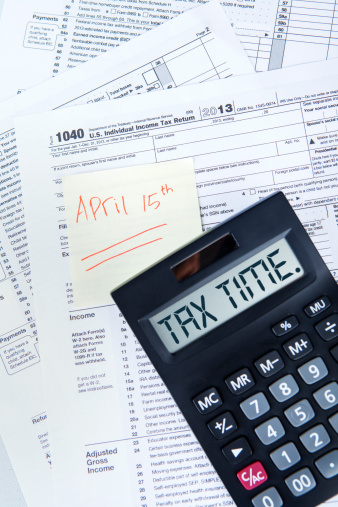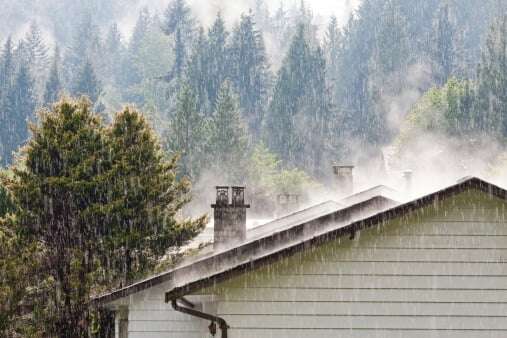 Even when installing a heating and air conditioning system it may be worthwhile to save your receipts for tax time. The U.S. Department of Energy offers energy tax credits for certain home improvements that qualify, including heating and air conditioning system upgrades.
Even when installing a heating and air conditioning system it may be worthwhile to save your receipts for tax time. The U.S. Department of Energy offers energy tax credits for certain home improvements that qualify, including heating and air conditioning system upgrades.
With tax time quickly approaching, you may be wondering if you're eligible for a tax credit for the work you had done on your HVAC system.
The complicated answer is...maybe yes and maybe no. But we definitely hope so!
Here's the rundown on tax credits that cover residential energy efficiency home improvements made during the 2014 calendar year to a primary residence. But it comes with a disclaimer, of sorts, since the department can make changes at any time: Be sure to check the latest qualifying projects at the department's website.
Understand the limits
The department offers a lifetime maximum credit of 10 percent for eligible home improvements, which covers many (but not all) Energy Star products, up to $500. This amount excludes labor and installation costs, meaning that it covers the cost of the energy efficient product alone.
The department sweetens the incentive for “alternative energy equipment," which includes solar electric and solar water heating systems. On these improvements, it offers a credit of 30 percent of the cost.
But the “lifetime” restriction remains the same. In other words, if you asked for and received a $500 credit on your 2012 taxes, you cannot ask for another credit in 2014.
Understand the conditions
Although the U.S. Department of Energy sets a general tax credit ceiling of $500, some projects fall below that ceiling. In other words, certain projects qualify for something less than $500. They include:
- $50 for any advanced main air-circulating fan
- $150 for any qualified natural gas, propane or oil furnace or hot water boiler
- $300 for any qualified electric and geothermal heat pump, central air conditioning system and natural gas, propane or oil water heater
There's no doubt: these last two conditions don't exactly come as good news to homeowners who installed a new heating and air conditioning system in 2014. At this point, a little perspective might help. Remember that you will recoup the cost of your new energy efficient system in reduced energy costs. If you don't know how long this will take, a heating system service company can help you figure it out.
Also, remember that while a tax credit of several hundred dollars may not sound like much, it's statistically significant when you consider that the average U.S. family spends about $2,200 on energy costs. In other words, even a small tax credit is better than no tax credit at all.
Understand the details
Before you begin to mistake the department of energy for Santa Claus, be sure to examine the details before requesting an energy tax credit:
- The qualifying energy-efficient upgrades must be completed by Dec. 31, 2014
- Use tax credit IRS form 5695 when you file your tax return
- Include the relevant manufacturer certifications and receipts, as requested on form 5695
As always, be sure to contact Experts In Your Home in Chico if you have any questions. We're not tax experts; we're HVAC experts, and as such, we'll point out that the department of energy's $500 tax credit covers insulation and products that block air leaks, such as weather stripping, spray foam and caulk. Insulating your home will help ensure that you get the most from heating and air conditioning system,whether or not you installed a new one in 2014.
Do you know what to do if your heating system breaks? Learn the questions to ask in the free download below!







